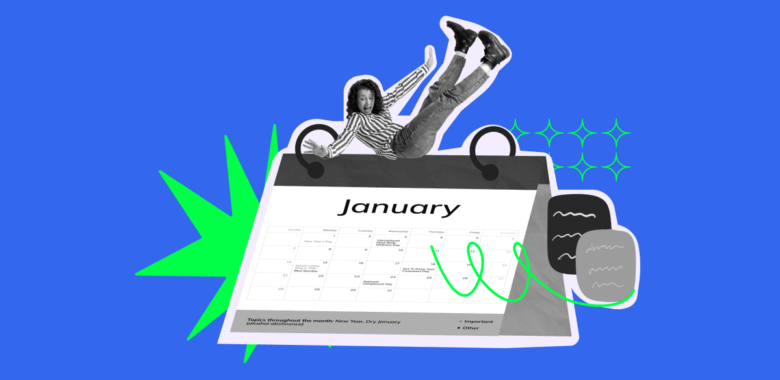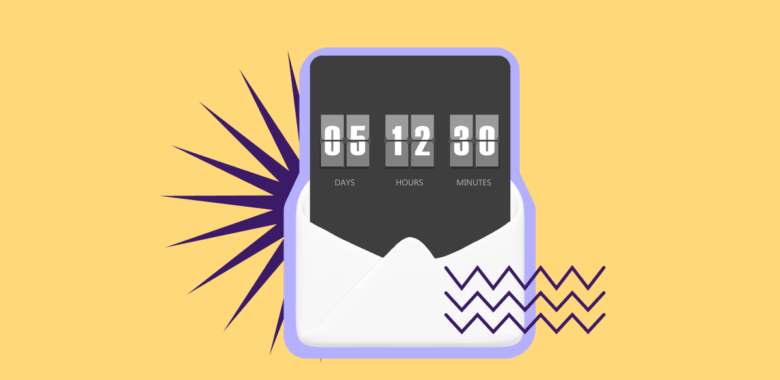Tips on how to write an email to a real estate agent and get a reply
Email writing is a process, and there are always things that can be improved. Better email writing skills mean more success in your marketing, and from there, more profit in business overall.
Craft an appealing subject line
The sender’s name and the email’s subject line are the first things the recipient sees, and these two determine whether they open the email, or send it to the trash folder. Consider these tips to write a great subject line:
- Make your subject line direct and to the point: the reader should know what they will find in the email from the very start.
- Keep it under 70 symbols. The maximum length of a subject line on Gmail (desktop version) is 70 symbols. For mobile, it’s even shorter — down to 41 characters on iPhone. This means a longer subject line would be cut off. One tip to make the subject line shorter is to write “home” or “house” instead of “property”.
- Pay attention to how the sender’s name looks, as well: the sender’s name should make it clear to agents who the email is from. You can use your name, or a combination of a name plus a name of the business you represent.
- Don’t forget about the preview text. It works together with the subject line to convince the recipient to open the email.
Set the right tone
The tone of the email should be casual but not overly familiar. Although you write a business email, if your tone is too formal or impersonal, it can come across as robotic, scripted, or phishing. The opposite isn’t good either — being too friendly while you are not that particular real estate professional’s friend or family makes it sound awkward and out of place.
❌Too formal:
“Dear Mr. Green,
In reference to your listing information in the local newspaper Times Daily, dated 13th January 2023, I am sending this email to apply for a viewing of a property located at 1234 Main Street.”
❌Too friendly:
“Hey there!
Wanted to pop up here for a sec to touch on 1234 Main. Let me check it out tomorrow, will you?”
✅Just right:
“Hi Alan,
My name is Ray, and I’m getting in touch to request a viewing of the property at 1234 Main. I’m hoping to find a stable longer-term tenancy and make a home I can be proud of.”
Make the email easy to read
Many people do not read line by line, but rather scan through from top to bottom. Format your email so that it is skimmable:
- Write simply: use everyday words and short sentences. Avoid long compound and complex sentences that sound like they are straight out of a legal contract.
- Contractions are better than using the full form: “I’m reaching out” sounds smoother than “I am reaching out”.
- Break it down into short paragraphs with 2-4 sentences in each.
- Use bullet points or bold font for the most important parts.
All in all, make your email easy to read and understand even when real estate agents are on the go from one home to another.















